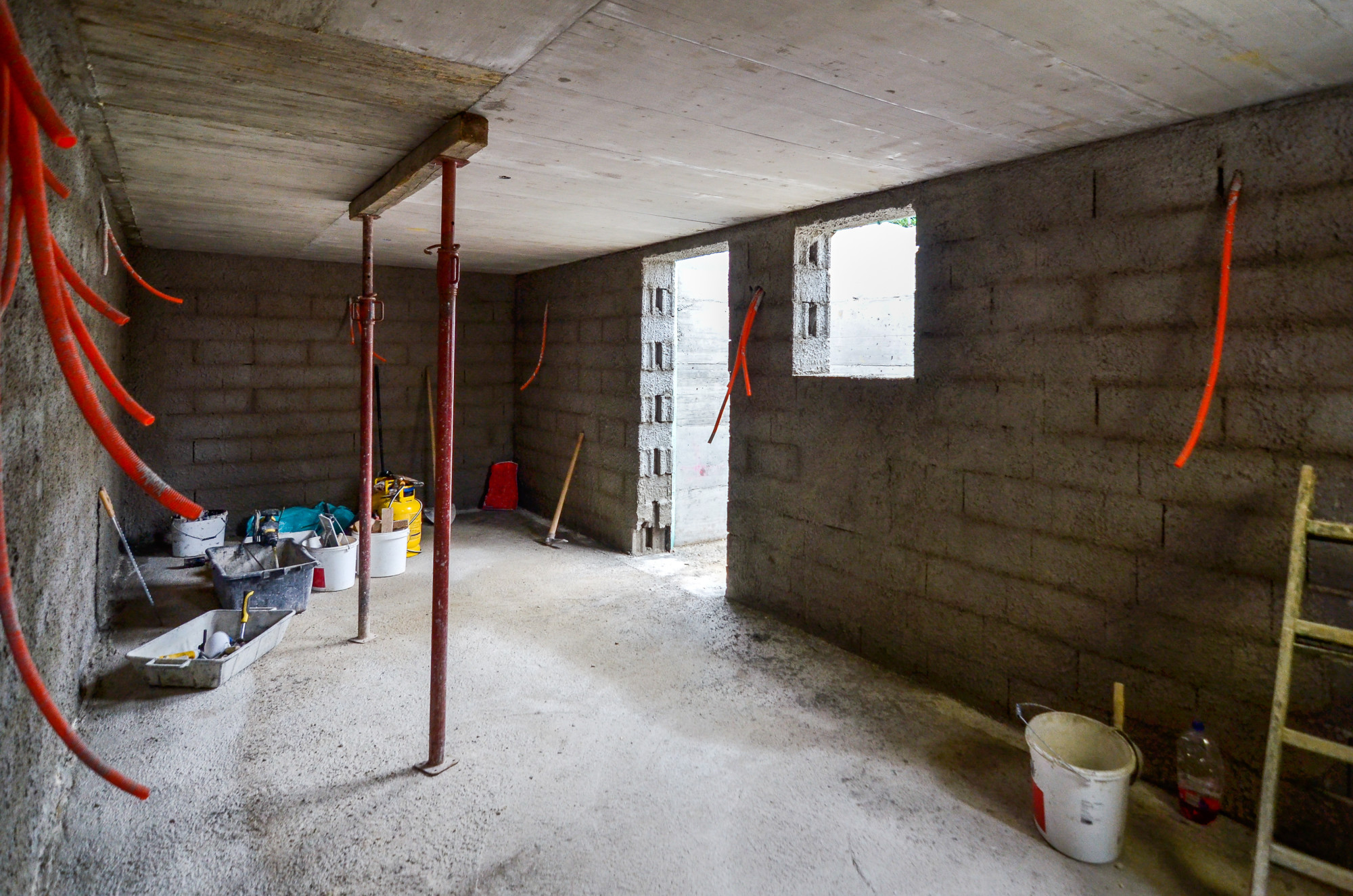Water proofing is a vital aspect of home maintenance that often gets ignored until it’s too late. Many house owners believe that as long as their roofs are in good shape and their basements are free of moisture, they are secure from water damage. However, the reality is that water can trickle into the unforeseen areas, leading to costly repairs and health risks stemming from mold and mildew. Comprehending the significance of waterproofing for every house and building is essential for protecting your assets and ensuring a safe environment for your loved ones.
In this complete guide to waterproofing, we will discuss all the details you require to protect your property from water damage. From the signs that show your home may need waterproofing to the multiple methods available, we will provide insights into how waterproofing can protect you thousands in repairs. Whether you’re considering DIY solutions or looking to hire professionals, this comprehensive resource will help you make informed decisions and dispel common misconceptions about waterproofing. Join us as we navigate the world of waterproofing and learn how to maintain your home secure, moisture-free, and free of mold and mildew.

The Need for Waterproofing
Waterproofing is a critical aspect of home maintenance that commonly gets neglected. It acts as a protective measure against different forms of water damage, which can result in significant structural problems and costly repairs. When water enters a property, it can compromise foundations, damage walls, and encourage the growth of mold and mildew. By investing in waterproofing solutions, homeowners can defend their properties from these dangers and create a healthy living environment.
One of the key reasons waterproofing is crucial is its role in protecting property value. A home that is devoid of water damage is more desirable to potential buyers and can command a higher price in the real estate market. On the other hand, a home with water issues can deter buyers and result in a reduced sale price. Consistently waterproofing different areas of a property, such as basements, roofs, and bathrooms, can increase the longevity and overall appeal of the home.
Moreover, waterproofing contributes to energy efficiency. When buildings are properly sealed against water intrusion, they are better protected, which can result in lower heating and cooling costs. This not only reduces homeowners money on utility bills but also advocates for sustainable living practices. Overall, waterproofing is not just about preventing damage; it is an commitment in the property’s future, its value, and its effectiveness.
Do-It-Yourself vs. Expert Water Sealing
When considering water sealing options for your home, one of the first decisions you'll face is whether to take on the project on your own or hire a specialist. DIY water sealing can be an attractive choice for homeowners looking to save money and take control of the process. Basic tasks like putting on water-resistant coatings to walls or sealing small cracks can often be completed with few tools and materials. Many homeowners find reward in saving costs while acquiring valuable skills through practical work.
However, there are multiple important aspects to keep in mind when pursuing do-it-yourself waterproofing projects. For example, improper application of sealing products may lead to costly errors or inadequate protection against moisture harm. Additionally, certain waterproofing jobs, especially in cellars or basement foundations, may require specialized knowledge and tools that the typical homeowner might not have. This can lead to unexpected issues that could have been easily managed by a experienced professional.
On the other hand, hiring a professional waterproofing contractor brings experience and skill that can ensure thorough protection for your home. Professionals can quickly spot problem areas and recommend tailored solutions that meet your specific needs. While the initial costs may be higher, their work often can save you money in the long run by preventing serious water damage and the associated repair costs. Ultimately, your choice between DIY and expert waterproofing should take into account your skills, the difficulty of the project, and your budget.
Signs Your Property Needs Waterproofing
A key signs that your property needs to be waterproofed is the existence of dampness on surfaces or floors. If Aluneed basement waterproofing detect wet patches, especially in areas like basements or underneath your home, this indicates that moisture is infiltrating your house. Additionally, flaking paint or wallpaper can also indicate moisture problems. It’s essential to address these issues promptly to prevent additional damage and mold growth, which can be harmful to your health.
A further sign is the odor of mildew or dampness in the home. If certain areas regularly have a damp odor, it indicates that water is stuck in those spaces, creating an ideal environment for mold and bacteria to thrive. Ignoring these signs can lead to a more extensive problem and expensive repairs down the line. Regularly checking for these odors can keep your living environment safe and free from potential health hazards.
In conclusion, if you experience regular flooding or water accumulation around your property, it's a obvious sign that waterproofing is required. Even minor water intrusion during intense rainstorms can build up over time, leading to significant damage to your foundation and structure. Outdoor structures and landscaping that exhibit erosion or deterioration from water exposure also highlight the need for appropriate waterproofing solutions. Taking action when you first observe these signs can save you a lot in repairs and protect your investment in the home.
